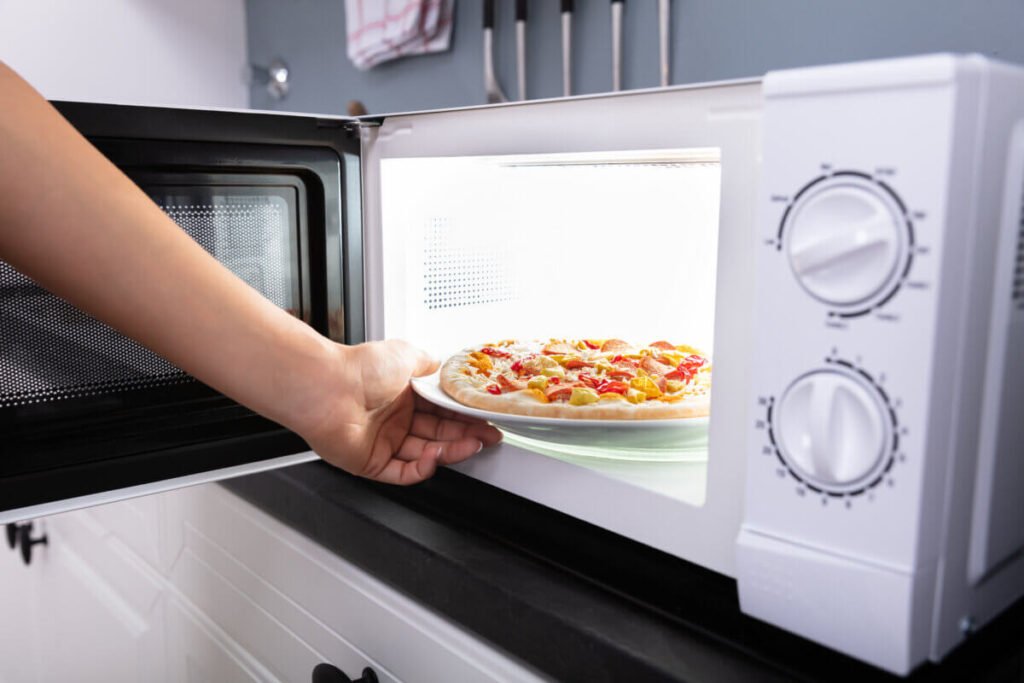Microwaves are a common kitchen appliance, but several myths and misconceptions about them persist. Here’s a look at some common microwave myths and the facts that debunk them:
Myth 1: Microwaves Cause Cancer
Fact: Microwaves use non-ionizing radiation, which means they don’t have enough energy to remove tightly bound electrons or damage DNA. This type of radiation is not linked to cancer. The microwaves themselves are contained within the appliance and don’t remain in the food once cooking is complete.
Myth 2: Microwaves Destroy Nutrients in Food
Fact: Microwaving food can actually help retain nutrients better than some other cooking methods. The quick cooking time and minimal use of water in microwaving help preserve vitamins and minerals. In fact, some studies suggest that microwaving may even be better at retaining nutrients compared to boiling or frying.
Myth 3: Microwaving Food Makes It Radioactive
Fact: Microwaves do not make food radioactive. They heat food by causing water molecules to vibrate, which produces heat. Once the microwave is turned off, the radiation stops immediately, and there’s no residual radiation in the food.
Myth 4: You Can’t Use Metal in a Microwave
Fact: While it’s generally true that metal should not be used in a microwave because it can cause sparks or fires, some microwave-safe dishes include metal components, like some browning dishes. Always follow the manufacturer’s instructions and avoid using regular metal utensils or foil.
Myth 5: Microwaves Cook Food from the Inside Out
Fact: Microwaves cook food from the outside in. The microwave radiation penetrates the food and excites water molecules, which generate heat and cook the food. The heat then spreads inward. This is why larger or denser items may cook unevenly, and stirring or rotating food can help ensure even cooking.
Myth 6: Microwaves Are Less Safe Than Conventional Ovens
Fact: Microwaves are just as safe as conventional ovens when used correctly. They are designed with safety features such as automatic shut-offs and door locks to prevent radiation leakage. Always follow safety guidelines, such as not operating a damaged microwave and using microwave-safe containers.
Myth 7: Microwaves Are Inefficient and Waste Energy
Fact: Microwaves are actually quite energy-efficient. They directly heat the food, so they use less energy compared to conventional ovens, which heat up the entire cooking chamber. This efficiency can also translate to less heat being released into your kitchen, which is an added benefit.
Myth 8: Microwaves Can Cause Food Poisoning
Fact: Microwaves themselves do not cause food poisoning. However, uneven cooking can leave parts of the food undercooked, which might pose a risk if harmful bacteria are present. To minimize this risk, ensure even cooking by stirring or rotating food and using a food thermometer to check for proper internal temperatures.
By debunking these myths, you can use your microwave more confidently and understand its capabilities better. Whether you’re reheating leftovers or cooking a quick meal, knowing the facts helps you make the most of this convenient appliance.







